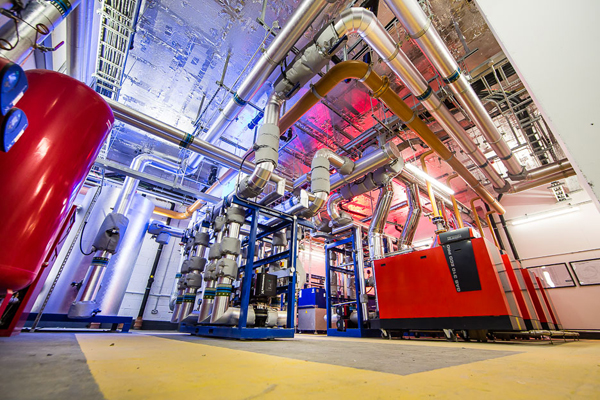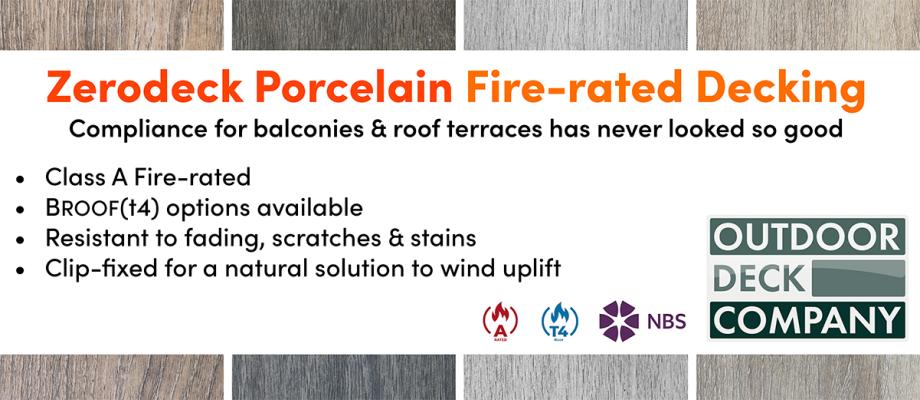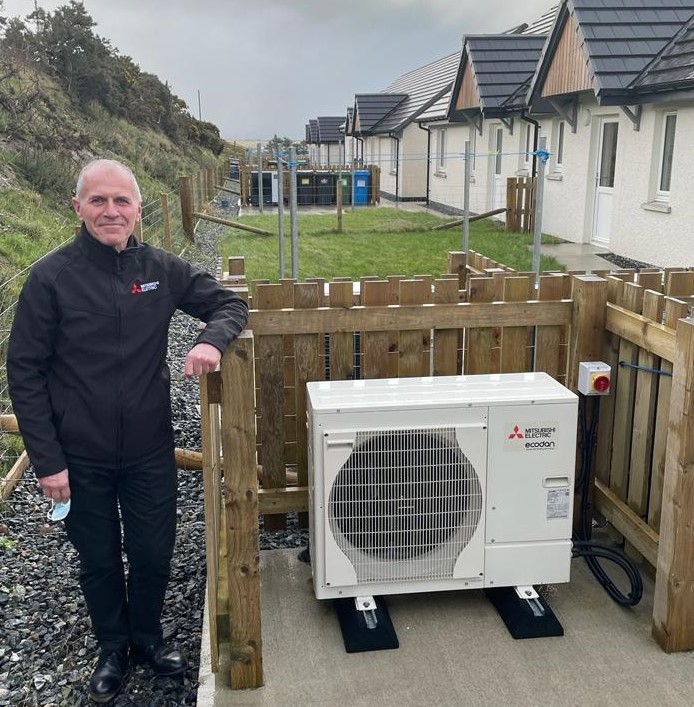Conference explores how to raise heat network performance for cost & carbon reduction

The challenges and opportunities of improving heat network performance to support residents will be explored at a free conference in central Manchester on Thursday 8th June 2023.
Hosted by heat network specialist Switch2 Energy, the event will explore solutions to three major challenges facing the industry. These are how to reduce operating costs and residents’ energy bills; how to reduce carbon emissions, and how to comply with tougher new regulation.


















